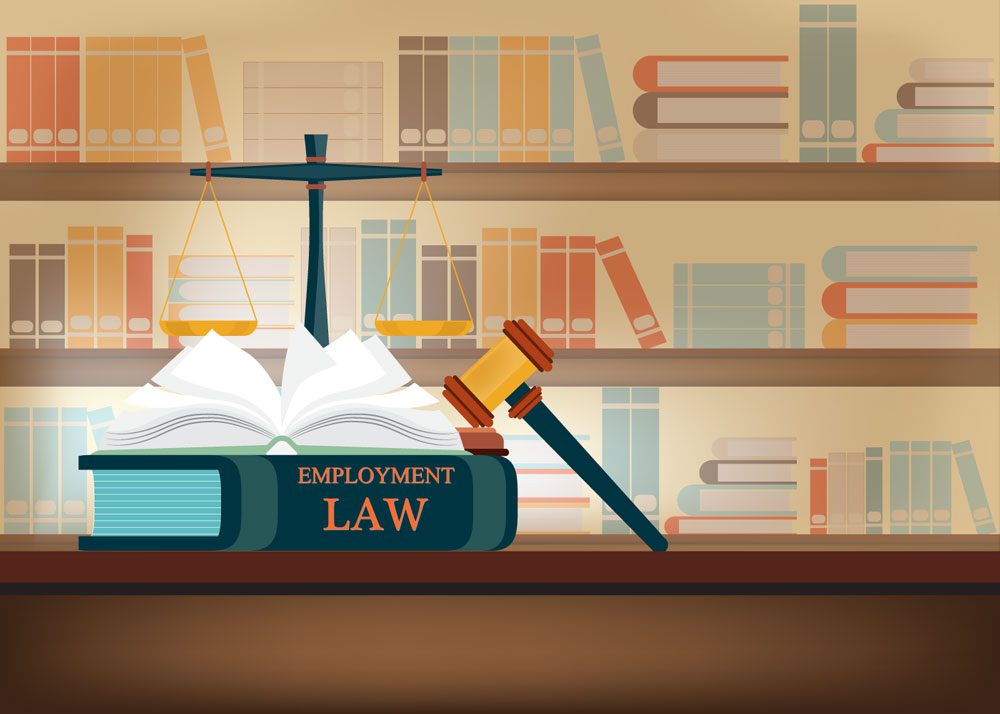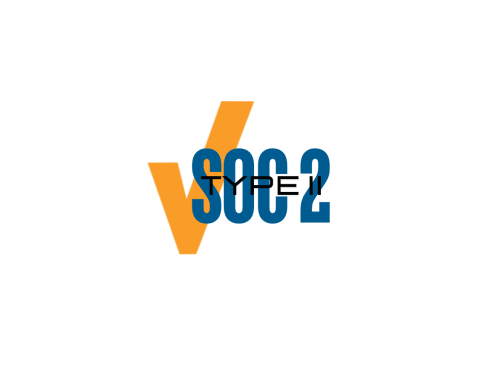ProVerify recently received a communication written by subject matter expert, Pam Devata, concerning the legality of background check disclosure forms. The courts have found that disclosure forms that contain state-law notices or improper grammar violate the Fair Credit Reporting Act (FCRA).
Below is the synopsis of the new rulings from Pam Devata at Seyfarth Shaw. Read the in-depth article here.
“Seyfarth Synopsis: As part of an evolving trend of narrowly interpreting the FCRA’s “standalone” disclosure and “clear and conspicuous” disclosure requirements, the Ninth Circuit has held that users of consumer reports may violate the FCRA and ICRAA by including “extraneous” state law notices and potentially “confusing” language in background disclosure forms.
Both the Fair Credit Reporting Act (FCRA) and California’s Investigative Consumer Reporting Agencies Act (ICRAA) regulate background screening, and the process employers must follow when procuring background reports on applicants. Under both statutes, before procuring a consumer report (i.e., a criminal or other background report) on an applicant, employers and other users of consumer reports must provide the applicant a “clear and conspicuous disclosure” that “a consumer report may be obtained for employment purposes” and further require that the disclosure must be “in a document that consists solely of the disclosure.”
Yesterday, the Ninth Circuit Court of Appeals held that this statutory language, whether derived from the FCRA or ICRAA, prohibits employers from including any superfluous information in the disclosure document. Thus, at least within the Ninth Circuit, employers cannot include disclosures required by other state laws in the same document that contains the disclosure required by the FCRA. The court also indicated that any language in the disclosure document that could confuse a reasonable person about his or her rights under the FCRA or ICRAA likely will violate the laws’ “clear and conspicuous” requirement.”





